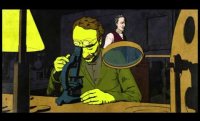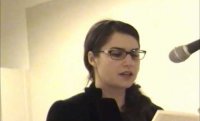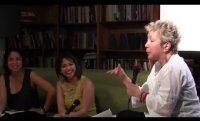A Celebration of Primo Levi
"I was captured by the Facist Militia on December 13 1943." So begins Primo Levi's Survival in Auschwitz, republished as If This Is a Man in the new three-volume collection, The Complete Works of Primo Levi (Liveright, 2015), edited by Ann Goldstein. Robert Weil, David Remnick, and John Turturro read selections from the edition at the 92nd Street Y in New York City.












